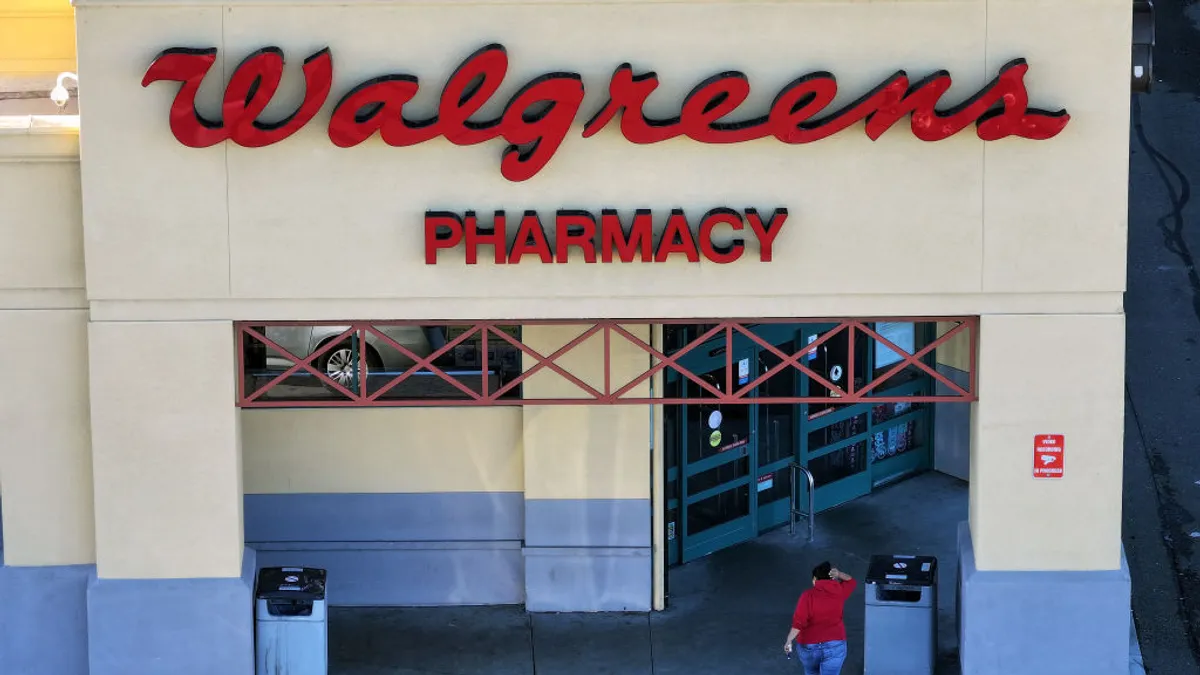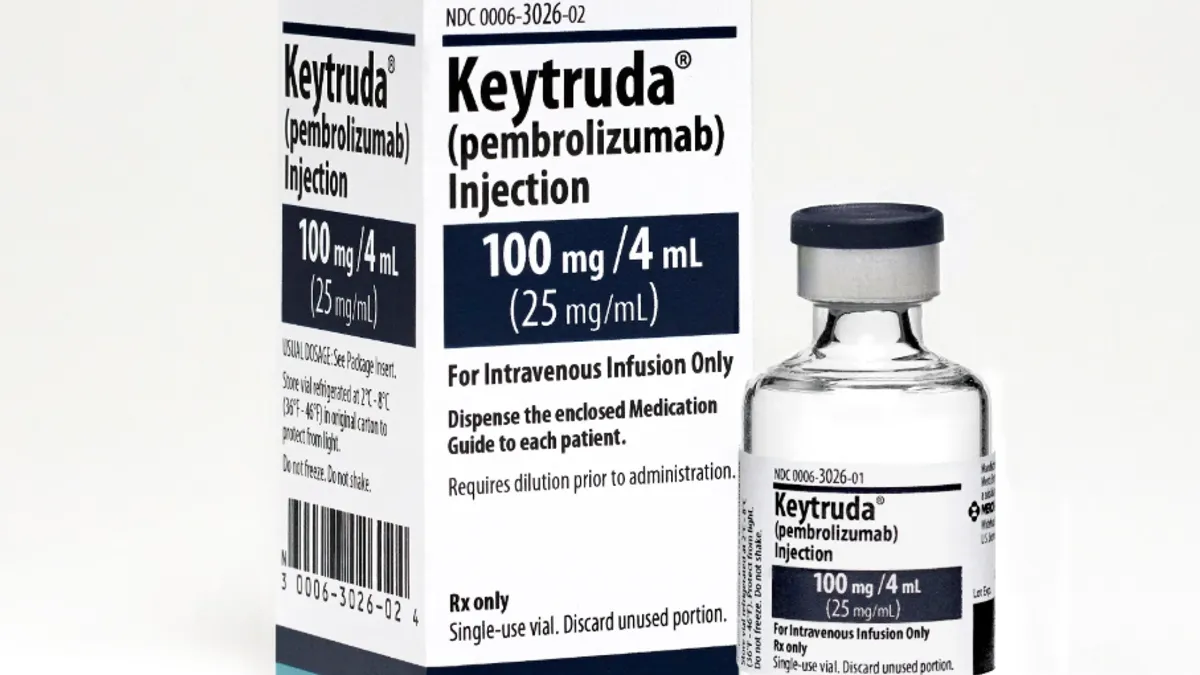There is much excitement in the field of immuno-oncology drugs with the approval of sipuleucel-T (Provenge), ipilimumab (Yervoy), and the very promising data on other checkpoint modulators, new oncolytic viruses, and therapeutic vaccines on the horizon. There are some important adjustments in treatment response criteria, endpoints, and trial design that need to be made to maximize the demonstration of the clinical advantages of this new class of drugs. The chief reason for the need for this readjustment is the difference in the response pattern between immunotherapy drugs vs. cytotoxic/targeted agents. Management of immune-related adverse events is also paramount.
A New Class of Therapy
When single-agent immunotherapies that rely on the adaptive immune response are used, the responses are often delayed. A slow, steady decrease in tumor burden after SD (stable disease) may be seen after several months of therapy. Furthermore, there may be the onset of new lesions or progression of pre-existing lesions early on, which if given time, may demonstrate objective response or long-term stabilization. This delayed response may translate into an increase in OS (overall survival) or durable response or prolonged stabilization. This is because it involves memory cells, which persist long after the treatment is completed and may even have a beneficial effect in later lines of treatment.
The initial onset of new lesions or increase in the size of pre-existing lesions may be real or pseudo. Sometimes this apparent progression may be secondary to an inflammatory reaction including infiltration of tumors by lymphocytes and other inflammatory phenomena. Biopsies have sometimes shown little or no cancer cells but mostly inflammatory cells.
Interleukin-2 treatment was initially thought not to be beneficial in both advanced renal cell and advanced melanoma patients since initial response rates were only about 15%. However, long-term follow-up showed cohorts of exceptionally long-term survival and long-term durable remissions in subjects who achieved objective responses. These long-term responders were part of the “tail of the curve" of the Kaplan-Meier survival curve.
This phenomenon of little or no improvement in ORR (overall response rate) and PFS (progression-free survival) with significant improvements in the tail of the curve were again seen in the successful pivotal trials of both ipilimumab and sipuleucel-T. In fact, both showed an improvement in OS, the gold standard. It certainly appears possible in retrospect that effective drugs that mediate a significant adaptive immune response were not developed further and discarded for lack of significant ORR or PFS.
Identifying a New Set of Response Criteria To avoid such errors, a new set of response criteria has been proposed for immunotherapy agents called Immune-related Response Criteria (irRC) by JD Wolchok in Clinical Cancer Research 2009;15(23):7412-20. The essence of this irRC is to allow for new lesions, progression of pre-existing lesions, and continued therapy until PD (progressive disease) is confirmed at a later date (as long as there is no rapid clinical deterioration). These criteria allow for the observation of a delayed response often seen with agents that depend on an adaptive immune response. Another pre-requisite for successful immunotherapy trials is to be prepared to address immune-related adverse events (irAEs). A set of algorithms to manage these AEs like colitis, dermatitis, hepatitis, hypophysitis and such were created by the developers of ipilimumab to help clinicians manage these often life-threatening AEs. Interestingly, the potent immunosuppressive therapy used to manage these irAEs does not seem to nullify the positive effects of the treatment. It seems likely that ipilimumab would not have made it to market if it were not for this pro-active approach to these newly recognized toxicities. Anticipating new patterns of response and toxicity may make the difference in the fate of new immunotherapies.
Disease Control
Another interesting phenomenon seen in the ipilimumab trials was that re-induction therapy after relapse was given to some patients who previously had a response or stable disease and 70% were able to regain disease control. Hodi FS et al. Improved survival with ipilimumab in patients with metastatic melanoma. N Engl J Med 2010; 363: 711-723.
Utilization of irRC and anticipation of irAEs using algorithms may be part of the clinical trial solution.
Jeffrey Weisberg, DO, FACP Vice President, Medical Affairs, Oncology Worldwide
Clinical Trials
Worldwide Clinical Trials provides full-service drug development services to the pharmaceutical and biotechnology industries from early phase and bio-analytical sciences through Phase II and III trials to peri-approval. For more information visit wwwctrials.com



















